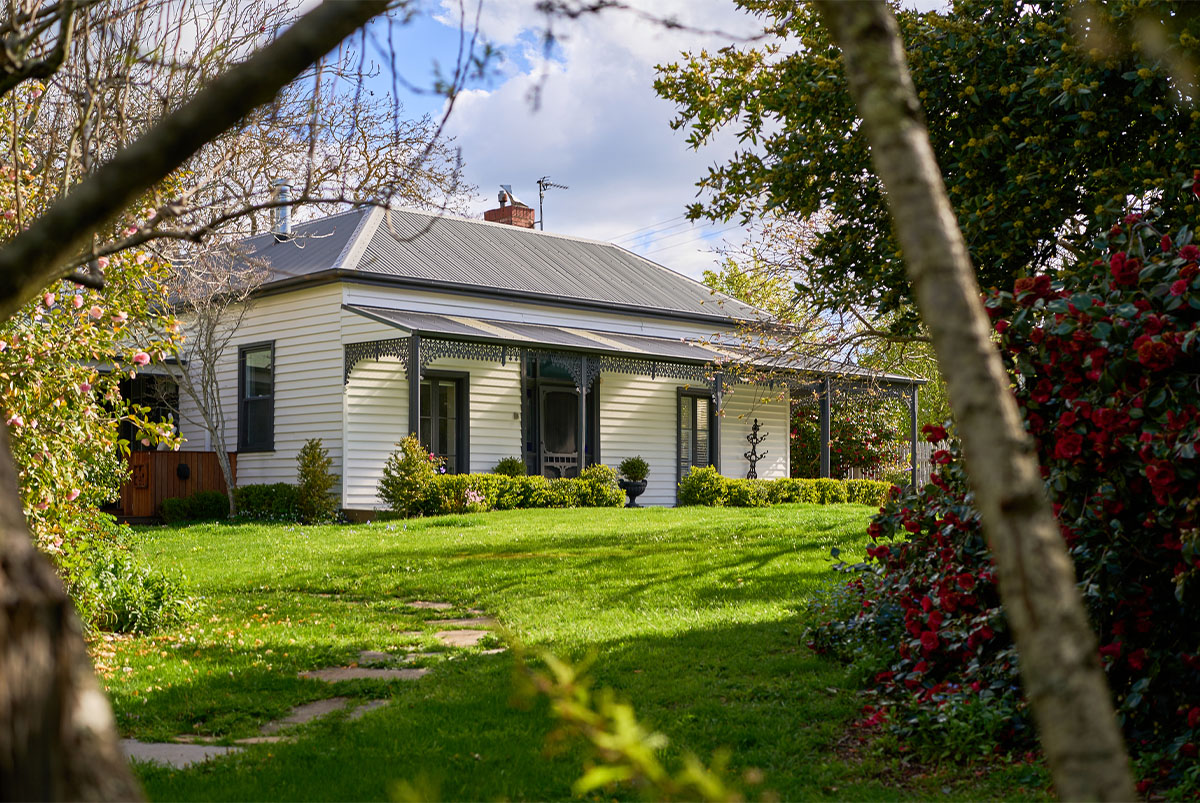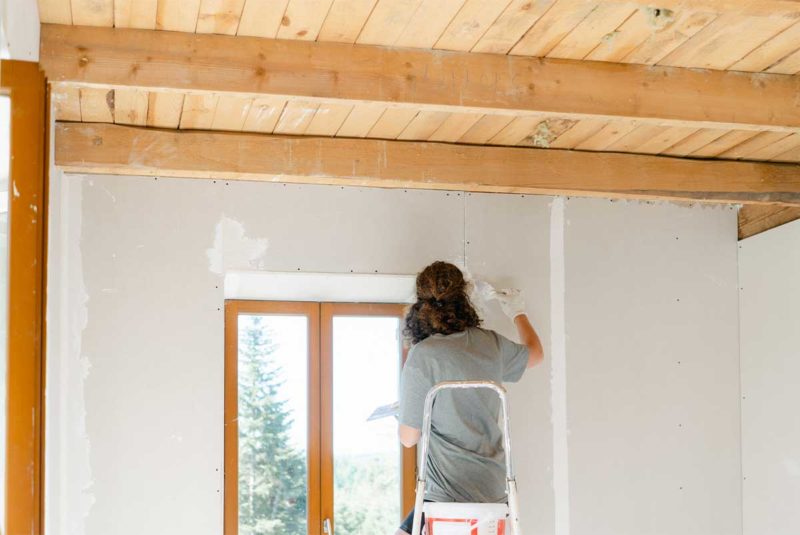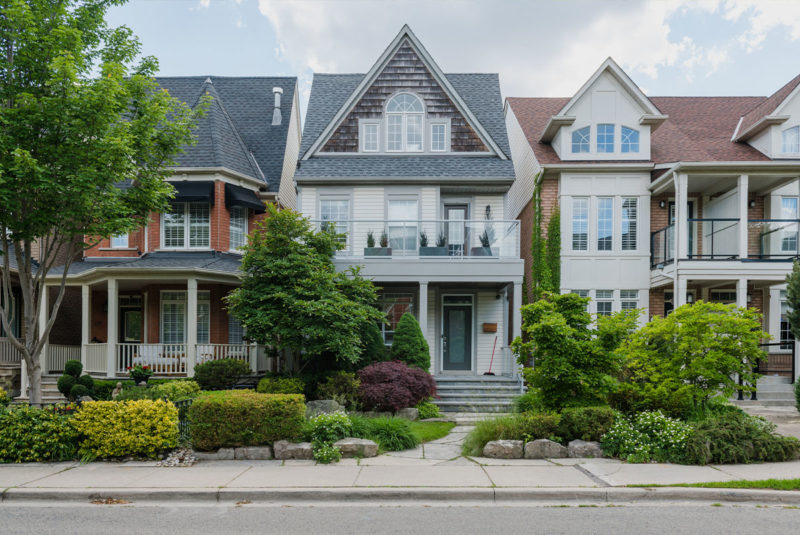Home Equity Lines of Credit (HELOCs) and home equity loans are two of the most popular ways for homeowners to borrow money at low-interest rates. HELOCs give a rolling line of credit with a variable interest rate, while home equity loans provide a lump sum upfront with a fixed rate.
Each loan type has financial advantages and disadvantages, but an expense that applies to both HELOCs and home equity loans is closing costs. In this guide, you’ll get a better understanding of home equity closing costs and how to get a home equity loan or HELOC.
Closing Costs for Home Equity Loans and HELOCs
HELOCs and home equity loans are like mortgages insofar as you’re required to pay closing costs. Like mortgage closing costs, home equity closing costs typically range between 2% – 5% of the loan’s value. Various fees and expenses make up home equity closing costs, including:
- Origination fee: Lenders charge an origination fee to cover the cost of processing the loan. Some lenders charge a flat fee, while others charge a percentage of the loan’s value, usually between 0.5% – 1%.
- Document and processing fees: Lenders may also charge credit report fees, notary fees, attorney fees, county filing fees and an application fee. These costs will vary by your location, lender and the complexity of your loan.
- Home appraisal: Lenders require a home appraisal to determine your home’s current fair market value and calculate your equity. On average, a home appraisal fee costs $300 – $425.[1] These costs can also vary based on the type of appraisal, as desktop, hybrid and traditional appraisals often have different costs. Whether you get your appraisal through an appraiser or a real estate agent can also affect the appraisal fee.
- Title insurance and fees: You may be required to pay for a title search and title insurance. A title search is relatively inexpensive compared to other closing costs, but it will still add to the total costs you have to pay at closing. If you’re required to get title insurance, it could cost you significantly more.
- Insurance: Depending on where you live, you may need to pay for additional insurance coverage, like flood insurance. Every insurance plan you’re required to get will increase your closing costs and monthly housing expenses.
- Points: Lenders can offer you the opportunity to buy mortgage discount points. These points let you (the borrower) lower your interest rate by paying more upfront. While these points can save on your long-term expenses, they’ll undoubtedly increase the amount you have to pay at closing.
Do you need to pay all your closing costs upfront?
Some closing costs may need to be paid upfront, while others can be added to the loan. This will likely depend on whether the closing costs are paid directly to the lender or a third party, like a home appraiser. Some costs – like mortgage discount points and origination fees – typically need to be paid at closing.
Can you get a no closing cost home equity loan or HELOC?
Many lenders advertise no closing cost home equity loans or HELOCs, but this doesn’t mean you won’t pay any closing costs. Instead, it usually means the lender is willing to waive some fees or roll most – or all – of your closing costs into the loan, allowing you to pay them over the course of your loan.
These types of loans can save you money upfront, but they could cost you more in the long run. If your closing costs are rolled into the loan, you’ll need to pay interest on those costs. Be sure to carefully review your lender’s offer to know exactly how much you’ll need to pay over time.
Additional HELOC Closing Costs
Compared to a home equity loan, HELOCs often charge fewer fees upfront. That said, you do need to pay other fees over the life of your HELOC, including:
- Annual fees: Like many credit cards, you’ll need to pay an annual fee to maintain your HELOC. This applies even if you don’t use any funds in a given year.
- Transaction fee: Certain HELOCs charge a small fee every time you withdraw funds. You may need to pay additional transaction fees if you exceed a set number of withdrawals per month.
- Inactivity fee: Some HELOCs may charge a fee if you don’t access your HELOC funds for a certain period of time.
- Early termination fee: If you choose to close your HELOC before the end of the draw or repayment period, you might be charged an early termination fee.
How To Lower the Closing Costs for a Home Equity Loan or HELOC
Fortunately, there are several ways to lower your closing costs before you close on a home equity loan or HELOC.
Improve your credit
Closing costs are partially dependent on your credit report and credit score. Improving your credit score will make you a lower-risk candidate in the eyes of the lender. This could make them more willing to offer you greater leniency with fees and closing costs. Plus, better credit will likely qualify you for better terms in general, including lower interest rates and monthly payments.
Shop for the right deal
Every lender offers different loan terms, so shopping around could help you get a home equity loan or HELOC with better terms. For instance, a credit union or local lender might be willing to settle for a desktop appraisal because they’re familiar with the community, saving you the higher cost of a traditional appraisal.
Alternatively, some lenders simply offer better rates and terms than others. You could find that one lender charges 1% of the loan amount in origination fees, while another charges a flat fee that comes out to much less. In any case, you should always shop around and compare at least two or three lenders to find the best deal on interest rates and closing costs.
Be ready to negotiate
Like mortgages, home equity loans and HELOCs give you a little room to negotiate closing costs. With either type of home equity product, all closing costs must be clearly spelled out in the loan estimate form. You can use this information to see if there are costs or fees that the lender may be willing to waive or to see if there are services you can shop for to get a better rate.
Don’t Let Closing Costs Stop You
A home equity loan or HELOC can provide a great way to access money for home repairs, improvements or paying down debt at an affordable interest rate. While closing costs might make these options seem less appealing, they are a standard part of exchanging your home’s equity for cash or credit. Moreover, there are various ways to lower your upfront expenses and waive some of your closing costs.
The Short Version
- Like mortgage closing costs, home equity closing costs typically range between 2% – 5% of the loan’s value
- Some closing costs may need to be paid upfront, while others can be added to the loan
- Many lenders advertise no closing cost home equity loans or HELOCs, but this doesn’t mean you won’t pay any closing costs
HomeGuide. “2022 Home Appraisal Costs | Average Cost of House Appraisal & Fees.” HomeGuide. Retrieved November 2022 from https://homeguide.com/costs/home-appraisal-cost




